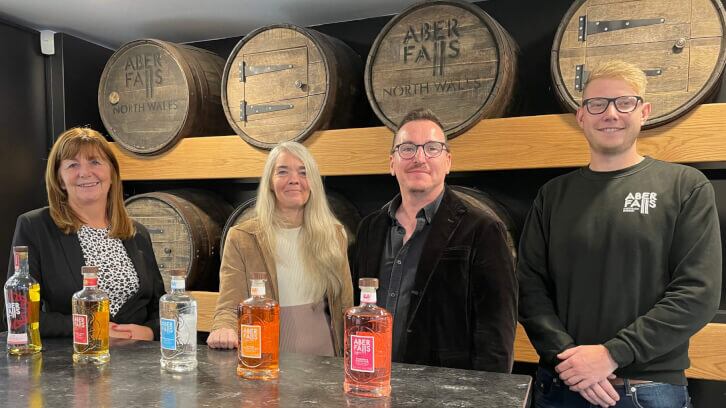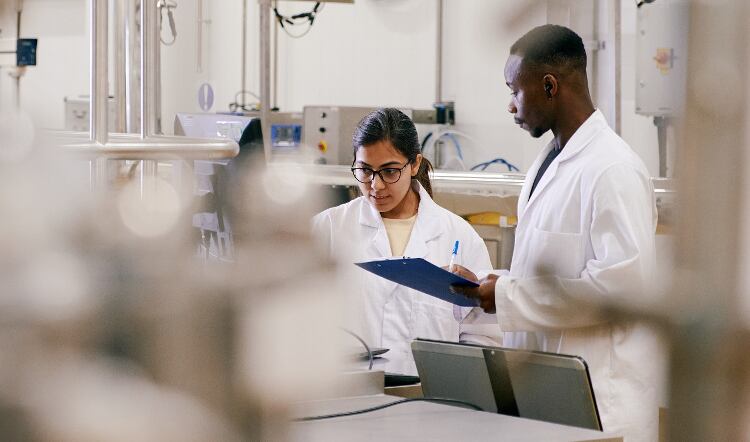The report, based on research and primary data from a distillery in Central Scotland, found £376,500 of potential benefits could be realised for a medium-large distillery on an annual basis as a result of the implementation of 5G.
The study – conducted by design and maintenance consultancy Jacobs – identified four key areas where 5G technology could support the industry: health and safety, site management, cask management and maintenance and security.
For example, 5G-enabled geofencing – used to set up virtual boundaries across the site – could reduce health and safety incidents by 50% by sending real-time alerts to workers entering high risk zones.
Security breaches
Whisky distillers could cut security breaches in half by the deployment of remote and automated security measures, using 5G-enabled surveillance and monitoring. More examples can be found in the box below.
Benefits of 5G
- 5G-enabled geofencing, used to set up virtual boundaries across the site, could reduce health and safety incidents by 50% by sending real-time alerts to workers entering potentially high-risk zones.
- Cask management efficiency processes could be boosted by 15% using 5G-enabled RFID (Radio Frequency Identification) systems to support real-time data collection and allow warehouse workers to monitor the location of the casks.
- Distilleries could gain £125,000 due to increased labour productivity in cask management process (reduce manual-record keeping) leading to a more accurate and reliable inventory.
- 5G connectivity can enable the granular mapping and tracking of equipment and assets, enabling more effective planning and sequencing of tasks to maximise working efficiency and resulting in large reduction (50%) in equipment and asset-related downtime.
- Whisky distillers could cut security breaches in half by the deployment of remote and automated security measures, using 5G-enabled surveillance and monitoring.
Ian Sharp, head of delivery at The Scotland 5G Centre, said: “Given the value of Scotland’s whisky industry, not only to the economy, but also to Scotland’s strong reputational heritage, distilleries are always looking for new ways to enhance innovation and drive operational efficiencies.
“This report indicates that investing in a combination of 5G connected technologies and private 5G networks will allow distilleries to unlock new ways of working that will not only reduce costs but boost productivity and efficiency across their business.”
Futureproofing the sector
With 146 malt and grain distilleries in Scotland producing around 401 million litres per year, the installation of 5G technology could be significant in both modernising and futureproofing the sector – particularly for distilleries in more remote areas of the country.
Jacobs director of Smart Places Rick Robinson added: “5G technology has the potential to revolutionise Scotland’s whisky distillery industry. Advanced communications like this could significantly change the way distilleries operate and enhance the efficiency and productivity of the industry as a whole – particularly rural distilleries.
“This study illustrates that 5G capabilities are relevant in every sector, and I believe we’re only skimming the surface of what this technology can do.”
Meanwhile, when growers and processors become more integrated, data-sharing can unlock improvements for all. Eamonn Cullen, market manager peeling at TOMRA Food, explains how.





